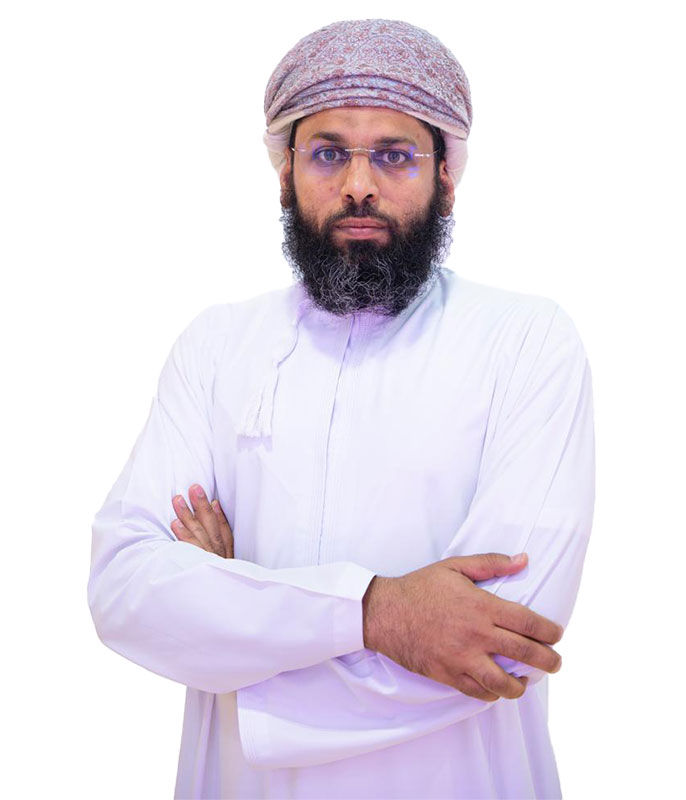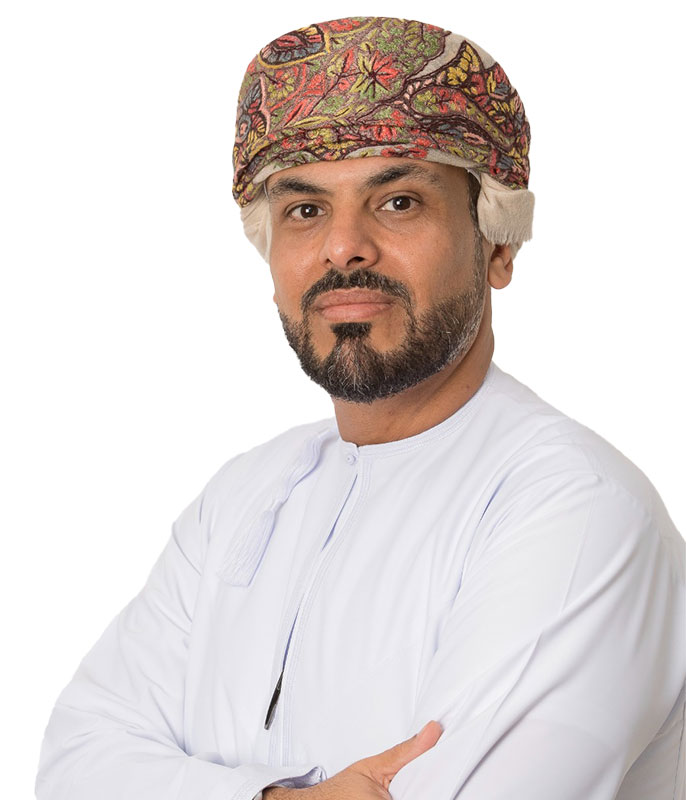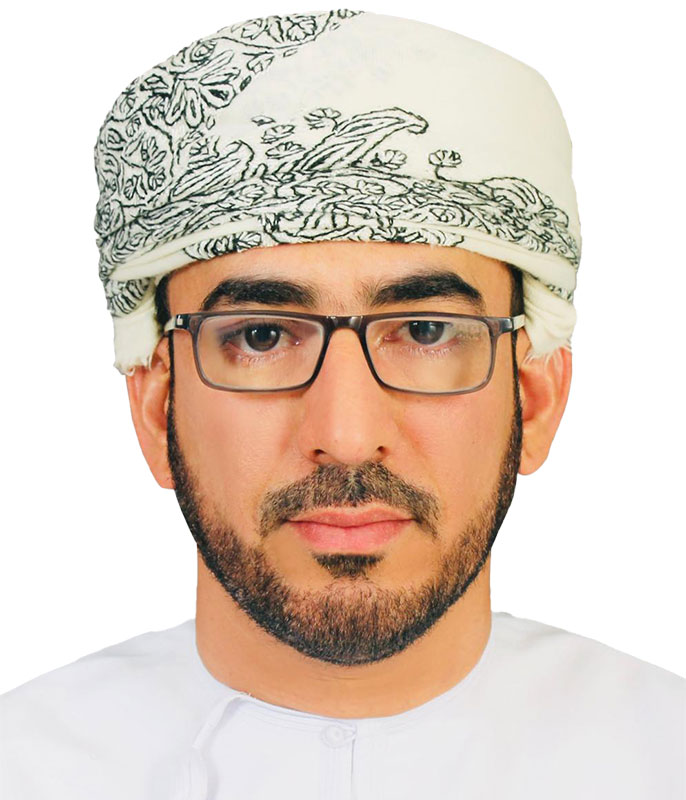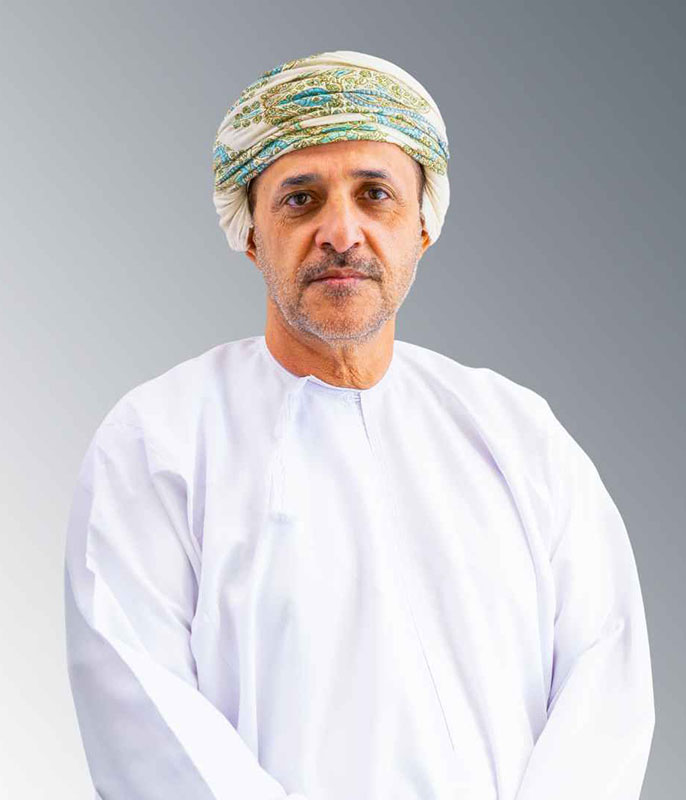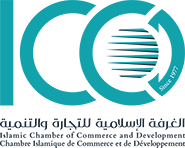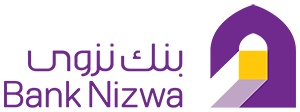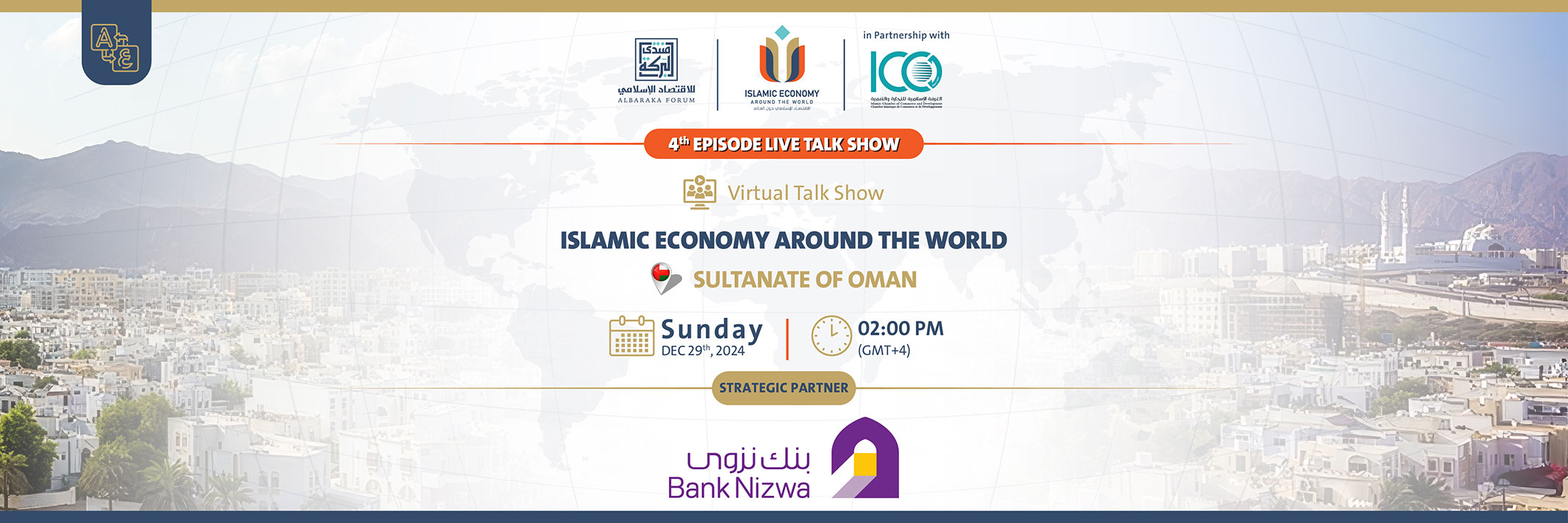
The journey of our live virtual talk show “Islamic Economy Around the World” continues with its 4th episode, taking us to the Sultanate of Oman.
This episode is in collaboration with Bank Nizwa, as a strategic partner, in a constructive and fruitful partnership aimed at shedding light on ways to incorporate Islamic principles into Oman’s thriving economy. Together, we will discuss key opportunities and major challenges, and explore how institutions can lead the path toward sustainable growth in alignment with Islamic law. Don’t miss this interactive discussion with a select group of experts and professionals, as it strengthens our shared vision for a more prosperous and sustainable economic future!
This episode is in collaboration with Bank Nizwa, as a strategic partner, in a constructive and fruitful partnership aimed at shedding light on ways to incorporate Islamic principles into Oman’s thriving economy. Together, we will discuss key opportunities and major challenges, and explore how institutions can lead the path toward sustainable growth in alignment with Islamic law. Don’t miss this interactive discussion with a select group of experts and professionals, as it strengthens our shared vision for a more prosperous and sustainable economic future!
- Country: Sultanate of Oman
- When: Sunday 29 December 2024 – 2:00 PM Gulf Standard Time (GMT+4).
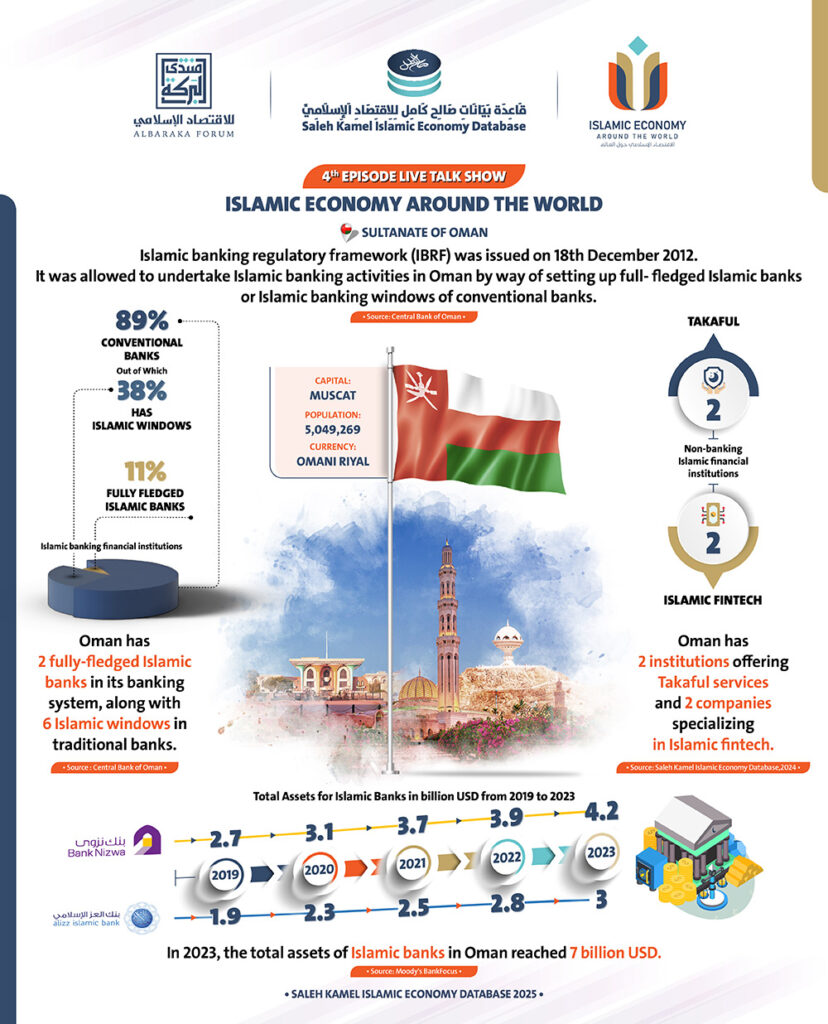
Episode 4 - Panel

Mr. Khalid Al Kayed
Chief Executive Officer of Bank NizwaSpeaker

Dr. Ali bin Suleiman bin Mohammed Al-Jahdami
Member of the Sharia Supervisory Board at Bank Nizwa
Fatwa Researcher at the Office of the Grand Mufti of Oman
Visiting Lecturer at the College of Sharia Sciences
Speaker
Islamic Economy Around the World
The first world Islamic economy virtual live talk show, titled: “Islamic Economy Around the World”, aims to create a public interaction between Islamic economy experts and the public, in order to discuss the reality of the Islamic economy in different countries of the world. Each episode focuses on a different country and defines the perspectives and standards of Islamic economics there.

